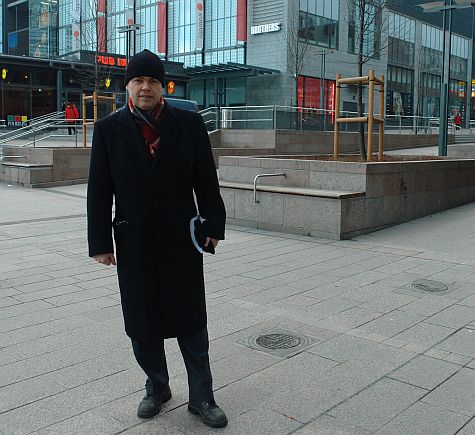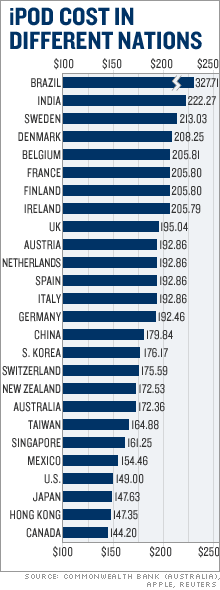Today, I’ve been playing around with beta candidate for Quickr, which is a follow-on to the Lotus Quickplace product … but what a leap ahead in product functionality!


I’ve been mainly interested in Quickr because, in the new announcements on the Lotus family, it’s the product with the wiki. (Lotus Connections has multi-user blogs, but not a wiki. Further, Quickr also has feeds — that should more correctly be called aggregators).
I get the feeling that the architects working on Quickr are a different group from those working on Connections, because the list of “components” feels more like options commonly in use on the web, rather than those used by large-scale enterprises. Maybe this comes from the quick-and-dirty style that Quickplace seems to exude … or maybe the designers just chose to take a different tack.
Although wikis would seem to be new to the vocabulary of non-techies (maybe circa 2005-2006, with the rise of Wikipedia), the original wikiwiki by Ward Cunningham on C2 goes back to August 1996. I had once tried to customize Mediawiki (which is the engine underneath Wikipedia), have a lot of experience with PmWiki, and am now a major fan of Dokuwiki. Along with the original design of wiki technology came wiki syntax (also known as wiki markup, which varies engine by engine), so that instead of writing the arcane HTML syntax1, e.g. to create a unordered list …
[ul]
[li]requires using codes that are unambiguous to browsers[/li]
[li]but that normal humans should never have to read[/li]
[/ul]
… a simpler alternative is wiki markup, e.g.… Read more (in a new tab)






